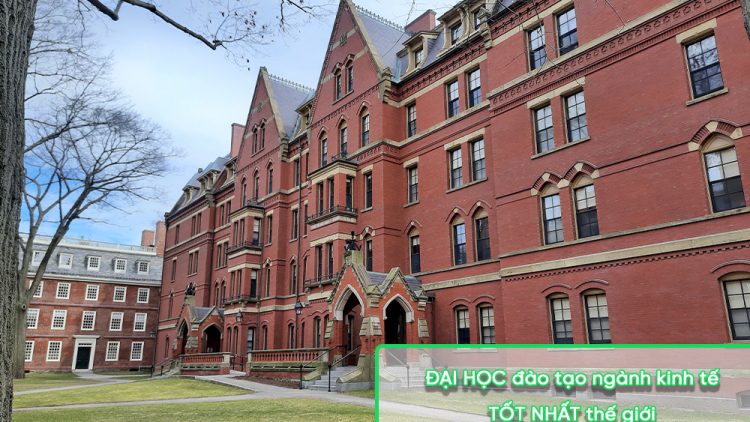ITT – For Vietnamese students who are studying abroad, apart from financial consideration, safe living environment and academic quality are also factors that cannot be ignored.

Immigration policy has been tightened after Donald Trump was elected President of United States. This has made a transition to the education market as students gradually move to other developed countries such as Canada, England, New Zealand and Australia. Here are three important factors that have helped Vietnamese students to choose Australia:
Quality of education
15 Nobel prizes show how great Australia’s education system is. More than 1 billion people on the world today use the achievements from scientists of this country. So not surprisingly, Australia has seven schools in the top 100 universities in the world.
In order to attract international students to experience education, the government has spent heavily on educational activities of up to $200 million in grants for scholarships, exchange students. Academic diversity makes it easy for Vietnamese students to choose the right course.
Australian qualifications are recognized internationally for quality training. International students, depending on the type of training, have the opportunity to stay in Australia to do internship and seek employment opportunities from 1-2 years.
Safe living environment
Not only with quality education, Australia is also a very safe country. Political instability is rare, low crime rates and strict gun control laws contribute to a safe living space for the people and peace of mind for Vietnamese students.

Diverse supports and great service
To attract international students, Australian Government in general and the schools in particular offer a wide range of student support services: Orientation Day for fresh students, health care, employment, banking, security, convenience stores, public transport services, clubs, clubs, sports, gyms… Not only that, Australia also has special services such as: international student inspection and tuition protection services, grievance redress between the student and the institution and transfer assistance to the corresponding course when the current curriculum (paid) is no longer available.

 Tiếng Việt
Tiếng Việt


